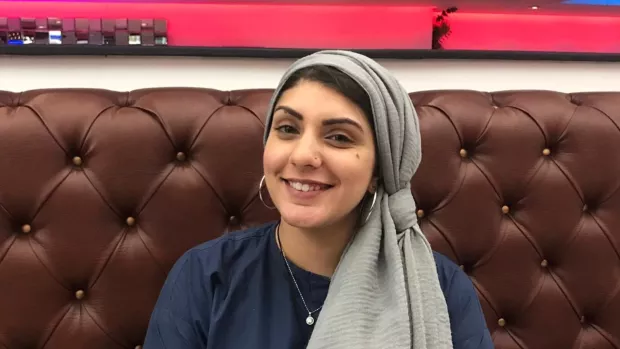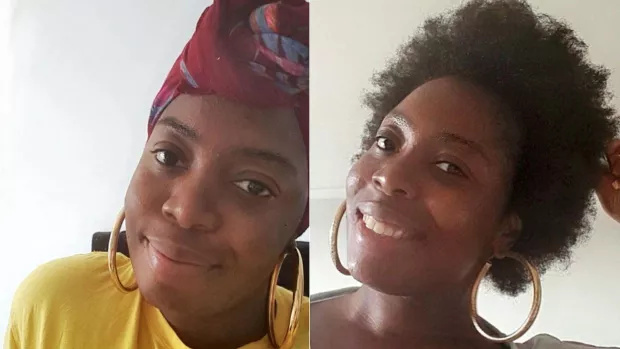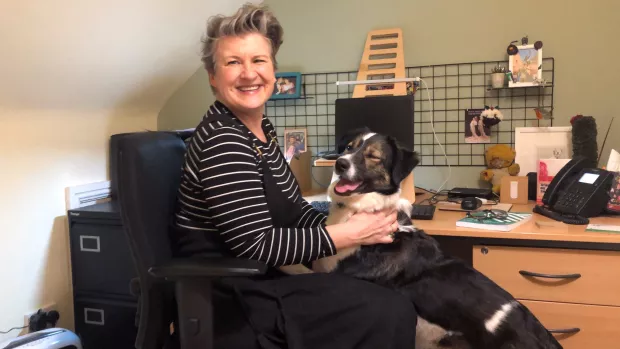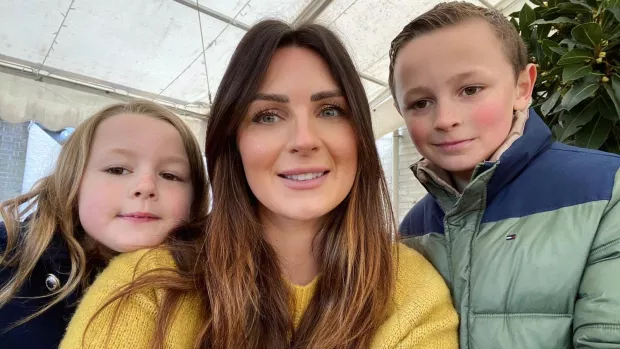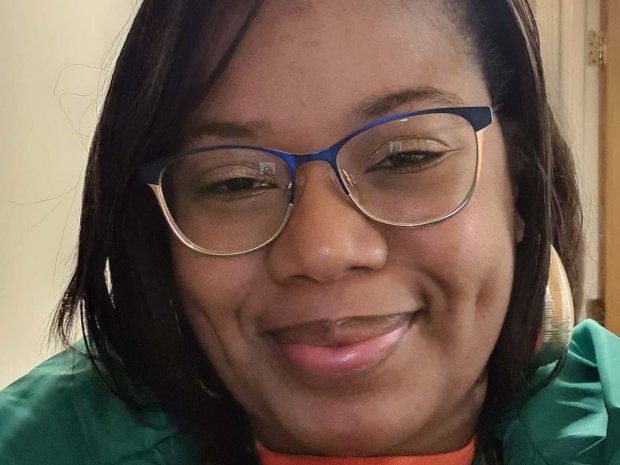
My journey to speaking out about my MS
It was just after my 26th birthday, and I had just started a new job. I had made the transition from being a Retail Manager in a busy flagship store to a much calmer office environment. Out of nowhere I noticed a change with my body, with my balance in particular.
I felt a numbness in my feet, and it was as though I was walking across a children’s bouncing castle.
I was nervous about taking a sick day, especially with a new employer, so I carried on for as long as I could. Then one day, my balance was so off that I struggled to lift my head from the pillow.
It wasn’t until the following year that I finally got diagnosed with relapsing MS.
Sharing my diagnosis
The first person I told was my dad because my mum was on holiday. He helped me to understand something that he wasn’t even sure about. He asked me questions and encouraged me to research further, and not to rush the process or put pressure on myself.
I cried my eyes out. I took a few days before I spoke to the rest of my family. It was really difficult to explain because I didn’t even understand it myself at that point.
It was a real learning curve for my employer.
I then had to tell my employer, which was difficult because I knew I wouldn’t be able to answer all the questions they would have for me. I was still coming to terms with it myself and I didn’t know what type of support I would need.
Companies need to understand what being a Disability Confident employer means
It was a real learning curve for my employer. I was the first person they’d had working for them with MS, and I don’t think they had many employees with invisible disabilities.
This showed in their approach with me. I felt like they tried to performance-manage me out of the business, because they didn’t really know how to manage me.
Read about your rights at work
Thankfully I got the advice I needed, and eventually I resigned after I felt I had exhausted all other possibilities. I needed a break – mentally, physically and emotionally.
I think companies really need to review their policies, especially if they claim to be Disability Confident employers.
Read about the Disability Confident scheme on Gov.UK
I still get really nervous about what the consequences might be of taking too much time off, which increases my anxiety. This has encouraged me to really consider the types of companies I work for.
All these years later, I still get nervous if I’m asked about my MS, too. I try my hardest not to think about having MS until the symptoms appear, out of what feels like thin air.
MS Walk was an important step to talking about MS
It was only in 2019 that I started talking about my MS openly. I signed up to take part in an MS Walk with the MS Society, which was an opportunity to fundraise and educate my community about MS.
That was a really important step – now I can explain who I am, and even more importantly I have accepted that it is okay to be vulnerable.
When it comes to new relationships, I’ve found it a lot easier to get to know the person before I share my MS journey. This means that I tend to take a while before I make anything official.
"I don’t need a pity party, but I do need support!"
For me, a good day means that I am not having a bad day. I think it’s important that the people in my friendship groups know that I don’t need a pity party, but I do need support!
Representation matters
More often than not, the pictures or stories I see about someone living with MS is of a non-Black person. I think the lack of representation makes it harder for people like myself to speak up.
"If I don’t speak up about it, who will?"
It took me 10 years to speak-up because I couldn’t see any examples of other people like me who were going through the same thing. It’s important to me to speak up because the problem is so much bigger than me – I think to myself "If I don't speak up who will?"
I hope that by opening-up it may encourage others to speak about the many conditions that we live with in our communities. This is why I’ve created my platform @serenity-essentials4elevation – to raise disability awareness.
The more we talk about things and normalise them, the easier it gets.
MS in the pandemic
Like a lot of people, my medical care has been impacted by the pandemic. It’s been a lot harder to get appointments and I’ve had some cancellations.
But I have also spoken about my MS more, and I’ve had conversations with people from different parts of the world about their diagnosis, too. We all have more than one thing in common right now.
